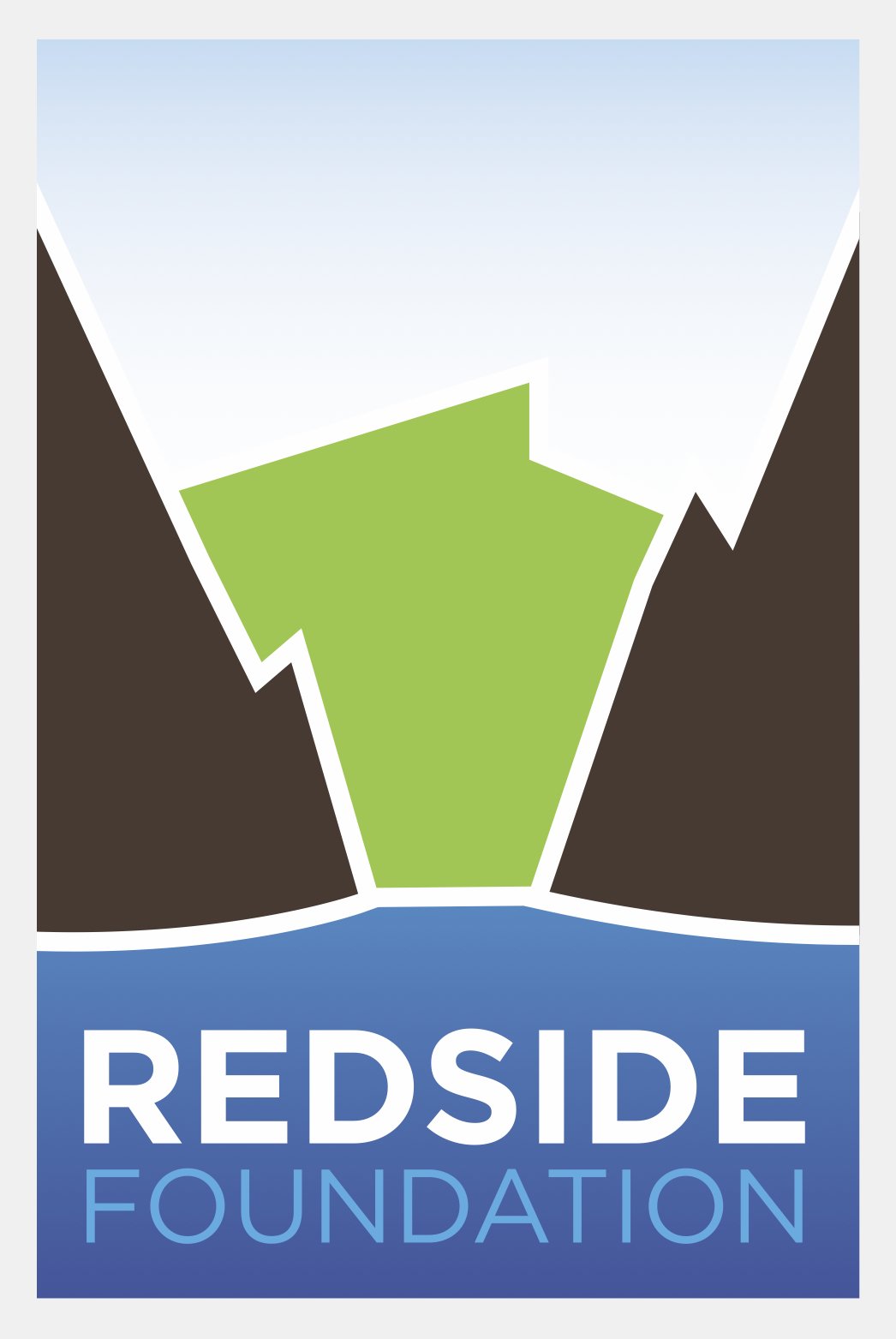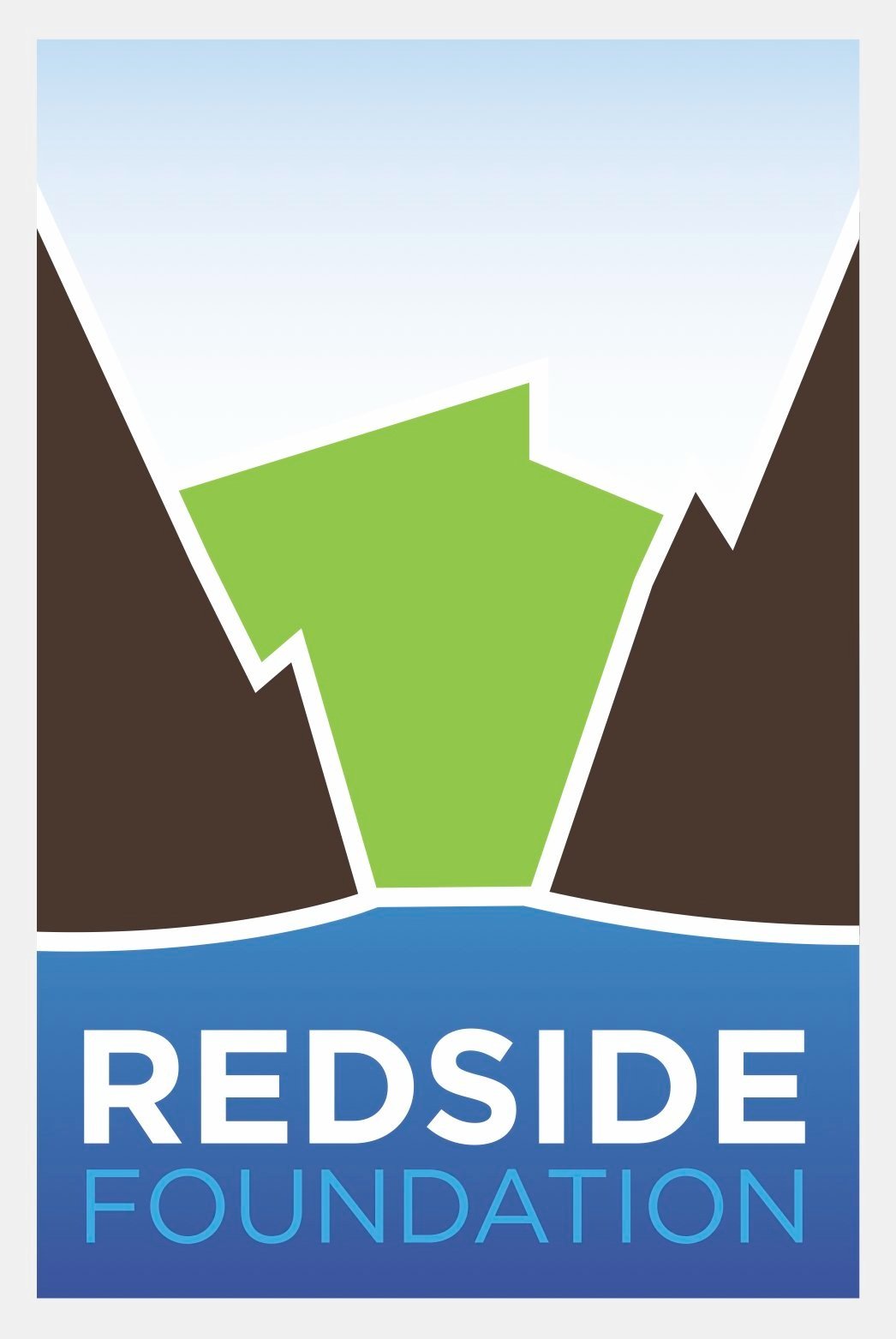GUIDE REAL TALK: LIFE AS A GUIDE TURNED OUTFITTER
For many guides, moving toward owning an outfitting business is a sustainable way to continue to participate in the industry of guiding. The Redside Foundation wanted to know more about what it takes to transition from guide to outfitter or guide/outfitter.
For this quarter’s Guide Real Talk, we talked with Erik Weiseth, Ron Ens, and Zach Collier about the challenges and rewards of running the show.
Redside Foundation: How long were you a guide before you also became an outfitter or owner?
Zach Collier (ZC): I was a river guide for 13 summers and a backpacking/mountain biking guide for 4 summers before that.
Ron Ens (RE): 6 years.
Erik Weiseth (EW): 6 years.
Why did you make the choice to become an outfitter?
ZC: The outfitters (Dick Linford and Joe Daly) I was working for were getting ready to retire and they offered me an opportunity to learn from them and eventually purchase their business. I loved guiding so it seemed like a great way to continue.
RE: I've been self-employed most of my life. I like working for myself, I always try to have fun.
EW: It is the most realistic way to sustainably stay in the industry as a career.
Erik Weiseth (and his future staff?/daughter)
What do you miss about only guiding and what do you prefer about being an outfitter?
ZC: When I guide these days I am a guide, lead guide, and outfitter to the guests as well as an employer to our guides. I’ve learned to enjoy that role, but I do miss having fewer responsibility trips. Being an outfitter is great because this is now my career which allows me to continue guiding without another pesky job getting in the way. I also especially enjoy the community of guides, suppliers, logisticians, and other outfitters I get to work with.
RE: I miss no paperwork! I make my own schedule and hang on my own hook.
EW: I miss being in the field in a way where I can be fully present and not be worried about other stuff, wondering what’s going on with other trips, etc. I miss the simplicity of, pack the trip, run a great trip, un-pack the trip. Now there are so many other parts I have to focus on, it is all just more complicated. I miss being part of the team of guides. Working together and having these common life narratives interwoven for a period of time, sharing in great adventures, and having all these experiences in common. There is something very special about that experience.
On the outfitter side, I love the challenge of the business and building something. I don’t know if it is a preference because you get part of this as a senior type guide but on the outfitter side, I love seeing these young people (staff) develop a sense of responsibility, confidence in themselves, awareness of the needs of others and so many other great life skills that will make them successful in the incredible things they will go on to do after they leave working for us. I love seeing them develop a passion for rivers that will impact them the rest of their lives. As an outfitter, we are able to introduce young people coming into work for us to something they will be able to share with their kids decades down the road. We are able to be the starting point of a lifelong love for rivers, the outdoors, and adventure in general, which is an honor. As an outfitter I love interacting with other people in the industry, outfitters are the best people around and to work with them to continue to build our industry is an honor.
Zach Collier
What is one conflict or tough situation with your outfitter you experienced when you were a guide that helps inform the way you outfit today?
ZC: I can’t really think of one. The good example that Dick and Joe set for me has the biggest impact on how I outfit today.
RE: I’ll answer it a different way. An outfitter I worked for treated everyone that worked for him with respect if you messed up it was taken care of respectfully and in private.
EW: I remember feeling like my outfitter did not really understand what we did in the field. That person did not fully understand what they were asking us to do, what it would require, or ultimately that they fully supported us when we had to make calls on the fly. I also remember being frustrated when it felt like the outfitter would not jump in and help with menial tasks. As an outfitter, I have made it a mission that I would never ask a guide to do something I had not already done myself. I also try and jump into the day-to-day tasks as much as I can without neglecting my duties. If I am out unpacking trips, then I am not selling trips or running payroll so there is a balance, but I learned it is important to be in the trenches with your people from working for people who did not do that.
What is one thing you think guides often misunderstand about being an outfitter?
ZC: One thing that was tough when I started outfitting was understanding my role as an outfitter versus guide on trips. As soon as I was the “outfitter" guests wanted to talk with me more which pulled me away from the “real work” that was being done. Guides also pull me aside on trips to talk about the season, previous trips, gear, trucks, etc. Talking to guests (and guides) is now a much bigger part of my job and sometimes takes away from the physical work.
RE: How much money we make. My guides put more in their pocket than I do. At the end of the year, I look at my business as a retirement program - maybe it will work!
EW: Sometimes I get a feeling that guides don’t think their outfitter has their (the guides) needs at the top of the list. Most often I don’t think that is true. From my experience, most outfitters are doing everything they can to support their guides and make them as successful as possible, even to the financial detriment of the outfitter.
Ron Ens
What is the most challenging part of being an outfitter?
ZC: Filling all the trips - it doesn’t magically happen like I thought it would!
RE: Herding all the monkeys working for me! No, I really love my extended family. Working with the agencies is tough sometimes.
EW: This changes day to day but as a simple answer, the sheer breadth of the things one has to keep a focus on. From making sure all the vehicles are maintained, equipment works, sales are happening, permits are managed, the staff is doing what they are supposed to, food is shopped for, etc. More than the jobs of many of my peers there is a broad set of skills one needs to develop in this one. There are days where you pack bearings on trailers, write HTML code, post on social media, work in QuickBooks, sell trips, prep food in the kitchen, drive a shuttle, repair a water filter, talk to the USFS, and work with employees on HR issues, all in an afternoon.
How do you set up your business to support the health and strength of your guides?
ZC: The biggest thing I’ve done is to make the job as easy as possible for our guides. That means trucks that don’t break, equipment that doesn’t break, a great warehouse, easy systems, and no promises to guests that are hard to fulfill or that we can’t keep. I work hard to make sure our guides aren’t overworked.
RE: I support Redside and just be the ole man anyone can talk to. But I don't give much advice, just listening is the best sometimes.
EW: Ultimately I can tell you what we are trying to do but our guides would really be the ones to answer the question of if we actually are doing it. I would say we are trying to a couple of things specifically.
1) We create an environment where everyone’s unique talents are appreciated and everyone feels like they can be successful in one way or another, 2) We design training systems where everyone feels they have the skills they need to confidently do their jobs consistently and to thrive at them and 3) We design ongoing internal training that helps people know the expectations of the company and their roles, as knowing expectations allows for confident execution.
What is the best advice you received when beginning to outfit?
ZC: Dick Linford and Joe Daly were my mentors and I was lucky to get a lot great advice from them. Dick’s best advice was “anybody can run a good trip, but not everyone can sell trips."
RE: That would be a book! My favorite though is, “It’s a great life if you don't weaken.”
EW: Do right by your people. We are in the business of hospitality and your employees are in the business of hospitality. Your employees’ treatment of their guests are ultimately somewhat of a reflection of the outfitters’ treatment of the employees.

